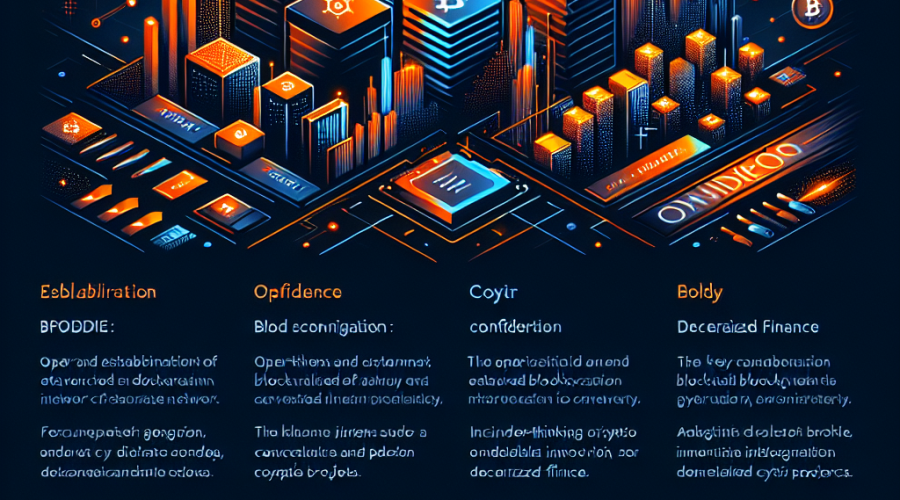New studies concerning Ethereum put forth the notion of introducing a decentralized random block proposal system as a replacement for the inherent structure currently being operated by a few key players.
The majority of Ethereum blocks, nearly 80% to be precise, are currently proposed by just two entities. This is in spite of Ethereum’s switch to Proof of Stake and the adoption of Proposer-Builder Separation (PBS). The preponderance of these two powerful entities significantly compromises the decentralized foundation upon which the network is built and permits these bodies to retain the lion’s share of the Maximum Extractible Value (MEV).
A Decisive Change to Block Creation
The suggested strategy would bring about a ground-breaking change to the process of creating Ethereum blocks. Instead of relying on specialized developers or ‘builders’ to form blocks, it recommends that all Ethereum clients – such as Geth and Nethermind – employ a common randomized algorithm to cherry-pick transactions and roll-up blobs from their local mempools.
This randomization could guarantee that no single entity can anticipate or command transaction ordering. According to the research findings, this could feasibly do away with block-level MEV, such as arbitrage opportunities and front-running.
The new proposal could additionally serve to diminish Ethereum’s existing 12-second slot time to a reduced duration of 6-8 seconds. It could also bolster Danksharding’s future roll-up needs.
Leadership Change and the Road to Decentralization
The timing of this research is noteworthy as it coincides with significant shifts in the leadership of the Ethereum Foundation. Core developer Tim Beiko labeled the changes as one of the most momentous turning points in Ethereum’s history.
Beiko celebrated the naming of Hsiao-Wei Wang and Tomasz Stanczak as co-executive directors of the Ethereum Foundation. In his view, it represents the ideal compromise between optimizing processes and protect Ethereum’s core principles.
Wang is an Ethereum researcher with seven years of experience and a contribution to the development of the beacon chain. On the other hand, Stanczak brings a wealth of experience as a developer along with his organizational leadership acumen at Nethermind.
While matters need to be altered for Ethereum to emerge victorious, it is important not to overcorrect and ruin what makes Ethereum special, in the quest for efficiency and optimization, as per Beiko. He believes that the aforementioned leadership changes will aid Ethereum in holding onto its original values while staying important and relevant to the newer community.
Nevertheless, Beiko acknowledged the trials and tribulations that lie ahead. He admitted, with stark realism, that Ethereum’s aspirations of success should not be taken for granted, and there is plenty of work to be done.


















